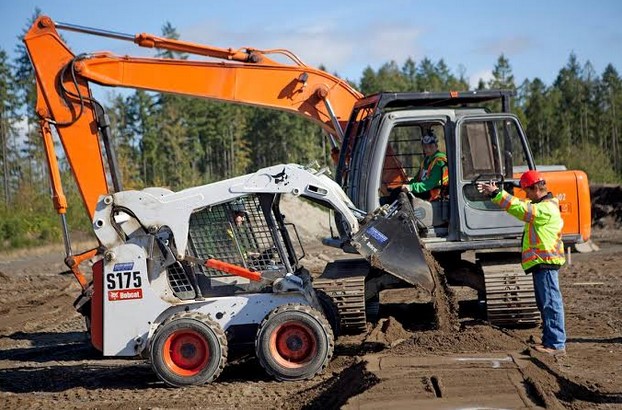Whether you are a newbie to the construction industry or an experienced operator who wants to develop more skills through an equipment training program, this article is for you!
Knowing how to operate heavy equipment is not enough, you should also know how to troubleshoot little issues, fix small maintenance issues, pre-checks, preventative maintenance, properly inspect the equipment, etc. The training program covers it all!
While many institutions offer “instructor-led training,” and “operator training simulator,” “E-learning training” is something that offers complete skill set at your time comfort.
Companies that consider training as an unnecessary expense often suffers from high turnover, unhappy employees, low rate of production, unsafe work environment, ineffective staff management, and more!. This further has the company suffered from the loss of customers and increased business expense.
To avoid making this as your company’s real situation, you need to get your employers enrolled in an equipment training program.
Here are the three things to consider:
Get Trained From a Reputable Organization
When it comes to heavy equipment training, it is crucial to make a wise decision about whether you want to get certified by in-house training or professionals. Check whether or not you have the necessary resources and time to provide in-house training. If you have never conducted operator training at your place, it is time to list the pros and cons.
On the other side, if you have taught driving skills to your employees before, you might want to recheck if you have that confidence to provide complete training skill set.
Instead of being in a hassle of purchasing curriculum and having an employee providing training lessons, consider online training from a reputable organization. It is worth your time, as well as you will remain in comfort and reliability.
Moreover, online equipment training is a convenient means of providing operators with the complete information they need. Employees can finish their training at their own time and place convenience since the training material is available 24/7. It can be accessed with a laptop, smartphone, or other digital devices having an internet connection.
One-On-One or Group Training
Possibilities are that you have had a picture in your mind about whether you want one-on-one training or group training. However, even if you have decided your option, it doesn’t hurt to reconsider all the pros and cons to assure you have considered everything.
By one-on-one training, you would have the flexibility of being hired immediately after. Also, it would be less likely to impact on productivity and efficiency when you have one operator off the worksite.
On the other side, group training needs less time commitment, as you can increase the number of trainees at once.
Both these options can be a mix depending on their pros and cons. No matter what you pick, make sure to go for one that suits best for your company. While both have mixed opinions, online training can be a win-win whether it is one-on-one or collaborative learning.
Decide Your Schedule
While it may seem efficient to pick dates, different time schedules, and marks them on the calendar, this is one of the difficult parts of providing training. Why?
It can be tough deciding whether to schedule the time on the weekends or during the workday or in the evenings. You might have tasks with deadlines or having a tight schedule or no flexibility. How and when would you take the training classes in this situation?
This is where online training is best as you can attend classes during lunch break or at home or anywhere you are comfortable. This allows employees to learn and master the equipment driving skills in a way that works best for them!
To become an equipment operator, expertise is one thing you can’t avoid as it increases worksite productivity and decreases the rate of accidents!
Related Posts












